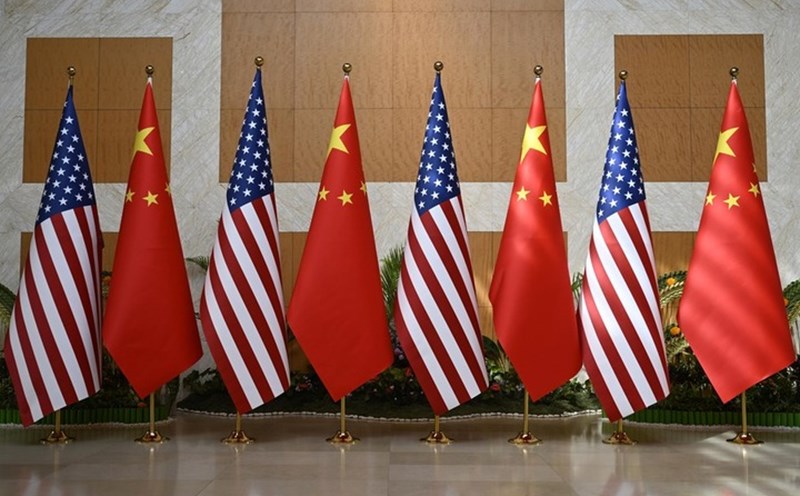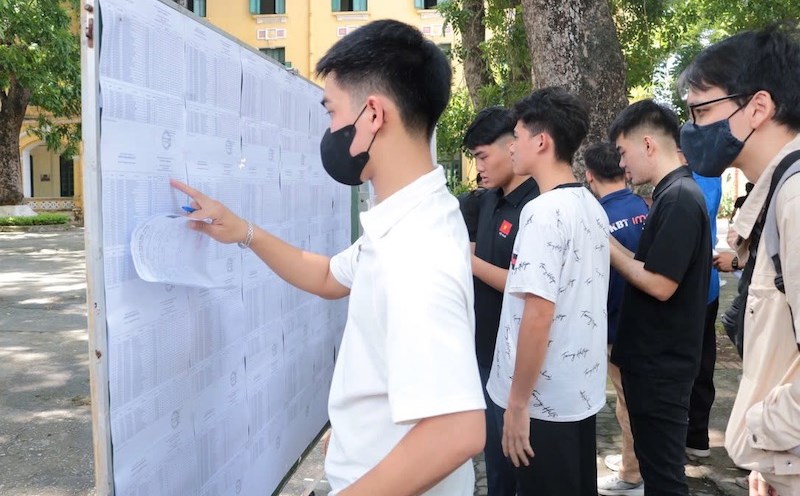In a surprise speech at the White House on June 25, US President Donald Trump affirmed that Washington "has signed a trade agreement with China".
However, the White House immediately made a correction: The two sides have only reached a framework agreement to implement the trade roadmap that was launched last month in Geneva, Switzerland.
We are starting to open up the Chinese market something no one thought possible before, Trump said at a spending bill event before National Day 4.7. He did not provide further details but asserted: "Everyone wants to be a part of this deal, right?".
According to the White House, the negotiations between the US and Chinese delegations in Geneva have led to the establishment of a commercial consultation mechanism, thereby aiming to cool down tariff tensions. Subsequent rounds of talks in London have led the two sides to a printship framework awaiting approval from each sides senior leaders.
Mr. Trump once declared that this deal was "over" and only waited for General Secretary and President of China Xi Jinping to approve. However, his new statement surprised the public because it implied that the two sides had completed the signing, while in fact, the process was still ongoing.
According to observers, this framework agreement not only revolves around import taxes, but also extends to the issue of export restrictions, especially high-tech items such as semiconductor chips and important mineral supplies that China will provide to the US. These contents can have a profound impact on the global industrial supply chain.
Wendy Cutler - former Deputy US Trade Representative - commented that this is a positive signal to help cool down US-China tensions but emphasized that specific details are still vague. She hopes the deal will clarify the conditions for resuming mineral exports from China and corresponding grants from the US.
While public opinion is anxiously awaiting an official memorandum of understanding (MOU), Professor Graham allison from Harvard University said at the Economic Forum in Tianjin: I would be surprised if there were no memorandums of understanding issued from dialogues between US Treasury Secretary Scott Bessent and Chinese Vice Prime Minister He Lap Phong next week.
In addition to China, President Trump also hinted at a "very big" deal coming to India. A New Delhi negotiating delegation is in Washington but has yet to reach a final consensus, mainly due to disagreements on agricultural product taxes. If there is no agreement before July 9, the US will impose a counterpart tax of 26% on imports from India.
Mr. Trump frankly stated: We cannot negotiate with all countries. For some parties, we will only send thank you letters, then apply a tax of 25%, 35%, even 45%".











